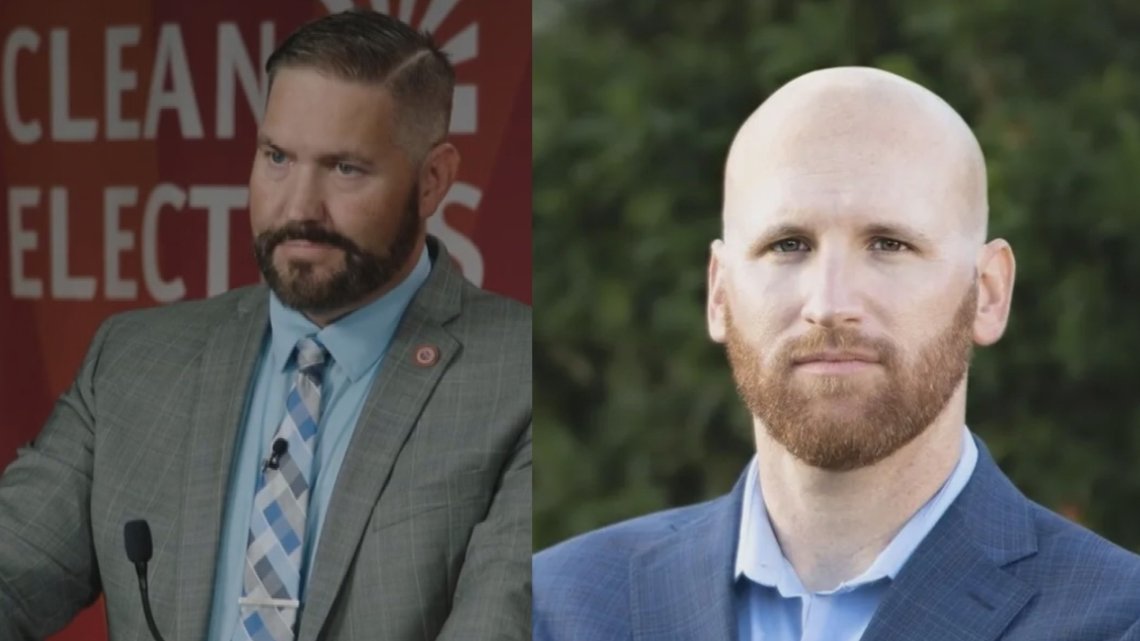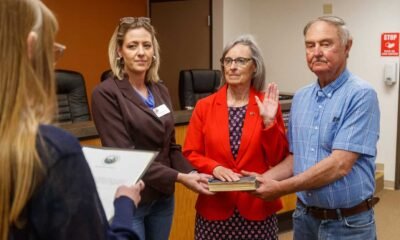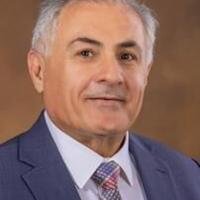arizona
Maricopa County Recorder Race Gains National Spotlight: Here's Why

12News analyzes who’s running for the position that handles voter registration and early voting.
PHOENIX — Arizona political analyst Chuck Coughlin emphasizes the significance of the Maricopa County Recorder race in November, describing it as “hugely important.”
In a dramatic primary, GOP incumbent Stephen Richer was defeated by Arizona Republican Legislator Justin Heap. On the Democratic side, newcomer Tim Stringham ran unopposed.
This position, historically overlooked, has garnered national attention in recent years due to allegations stemming from the 2020 election, largely propagated by former President Donald Trump.
Coughlin points out, “It’s a conspiratorial rumor hatched within the confines of the internet, which gives it legs and shows how much disinformation there is out there.”
12News sought comments from both Heap and Stringham. While Heap did not respond, Stringham shared his campaign’s objectives: restoring transparency and safeguarding everyone’s right to vote.
“You can vote how you want to vote. We’re here to protect your right to vote,” Stringham told 12News.
Heap, conversely, has not fully endorsed claims of past election fraud but maintains that there were inconsistencies and illegalities during previous elections. “As a civil liberties attorney, I don’t make statements that I can’t prove, but what I can say is two things: that there were inconsistencies and illegalities that went on. I do not believe that laws were followed,” Heap stated in a prior debate.
Stringham advocates for a non-partisan approach to the recorder position and wishes to engage with voters holding onto conspiracy theories regarding elections. “I think we need to have an open dialog about how we reach the conclusions that we’re reaching. If you think elections, you know, are just rigged, it’s going to be a long conversation,” he said.
Coughlin concurs, suggesting that the ideal candidate will bridge divides and ensure accurate voting processes. “It’s a can we do better? Can we make it more transparent? Yeah, I’d like to work with you. I’d like to put you on my election watch board, and so you too can learn about what’s going on,” he elaborated.
Stringham encapsulated the essence of the election, “What’s important here is that we make sure we have a system where you believe you can win, not that guarantees you a win, but gives you the hope that in two years, you can convince some new minds and vote a different way.”


















